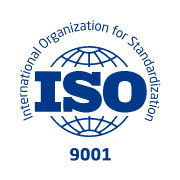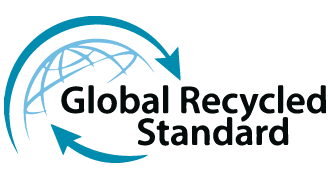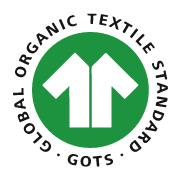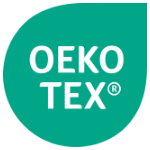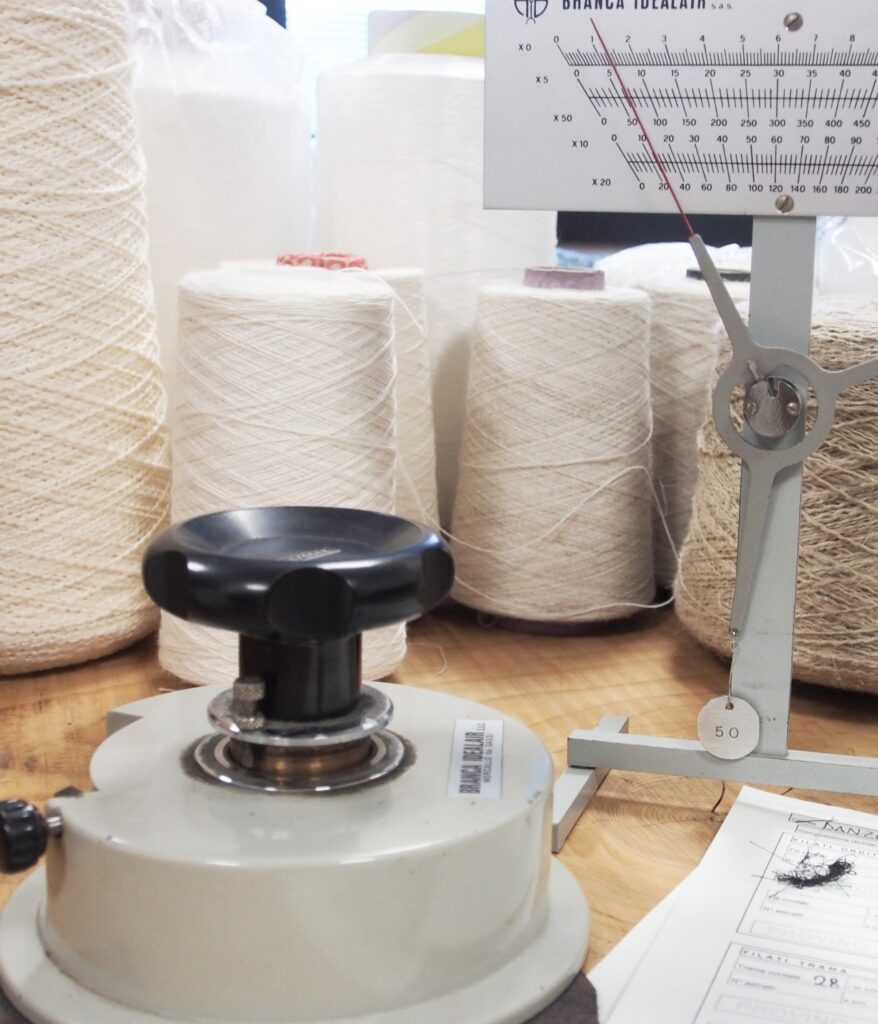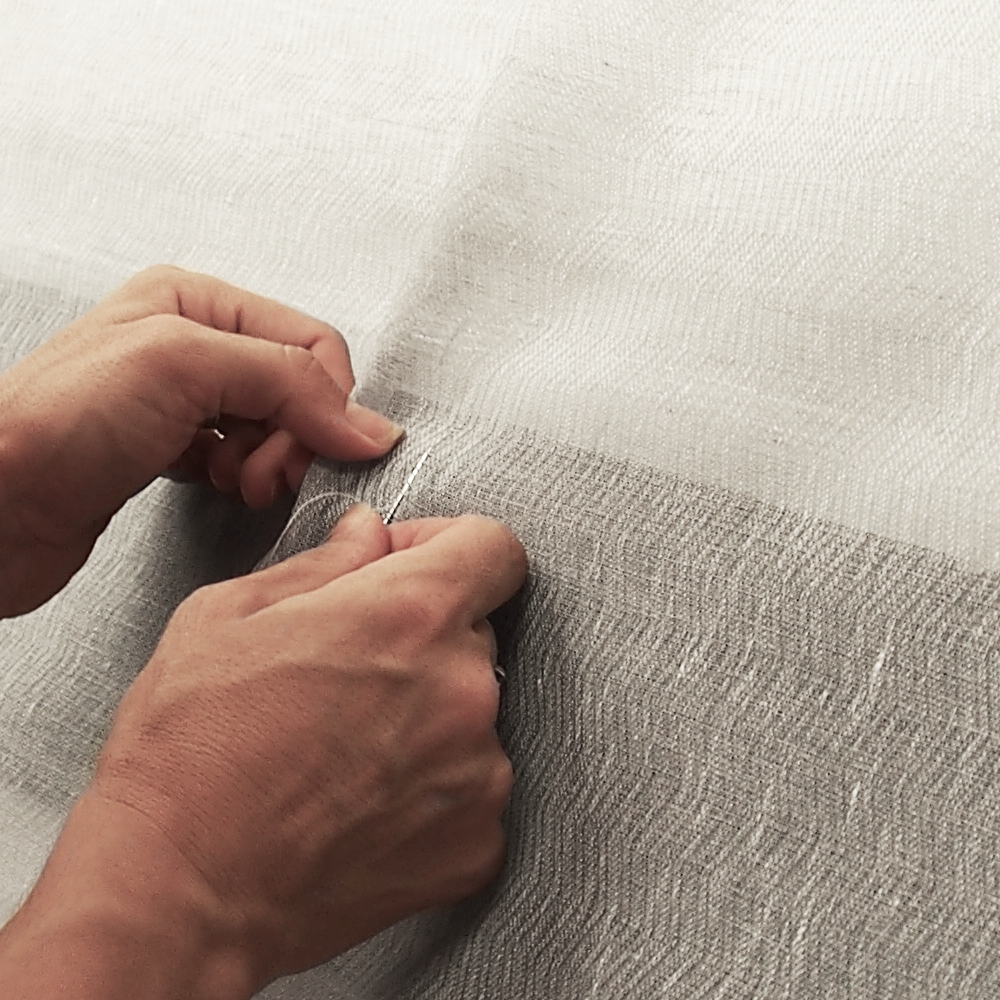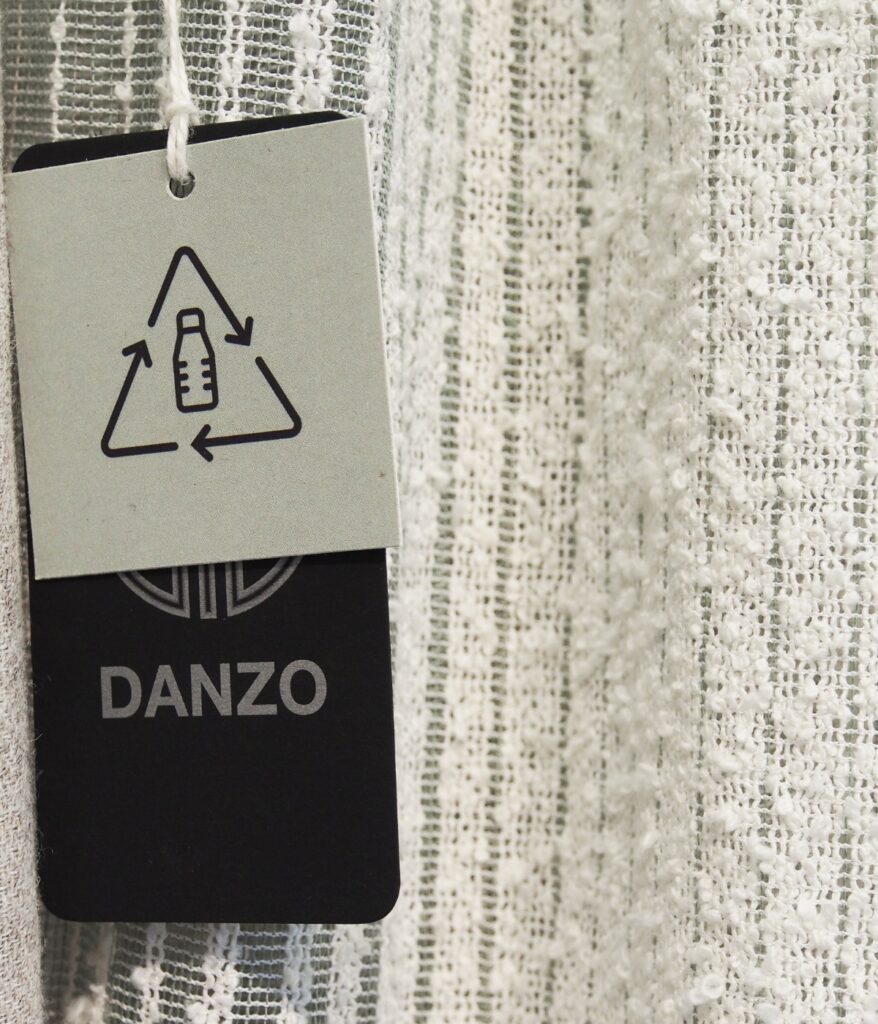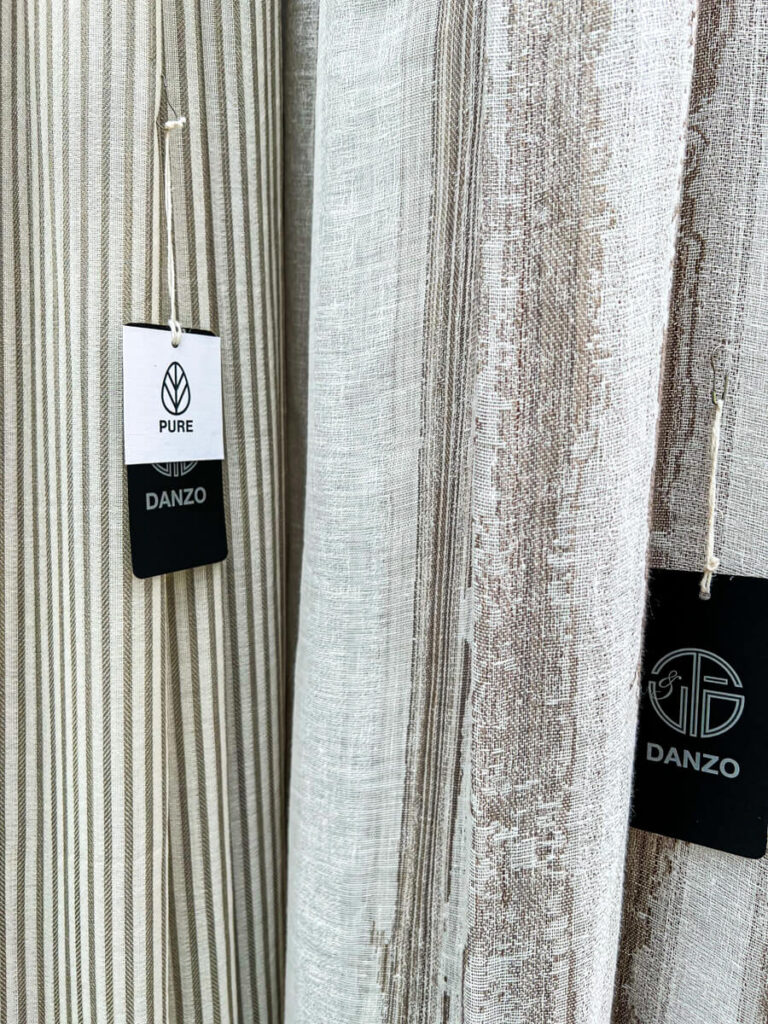Eco-sustainability and certifications
A sustainable company since its founding
For our business, environmental sustainability is ingrained in our culture. We are acutely conscious of the problems with the environment and society that the world faces, as well as the significant environmental impact—second only to the food industry—that the textile business has on our planet.
As producers, we are aware of the important function we play in the textile supply chain and, together with our partners, we are dedicated to creating a more ethical and polite business from the ground up.
In its products, the company has always favored natural and environmentally friendly materials including linen, wool, hemp, recycled polyester, Tencel, and Modal.
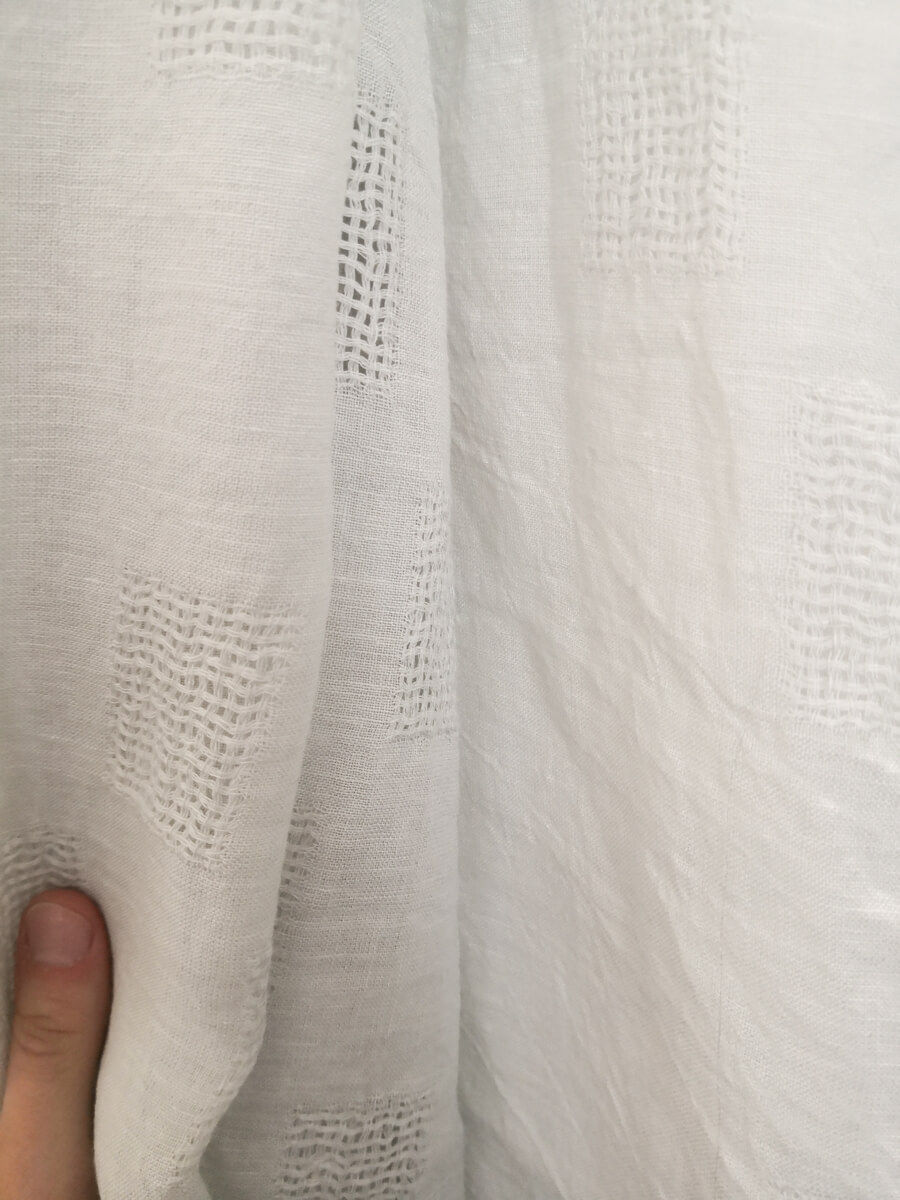
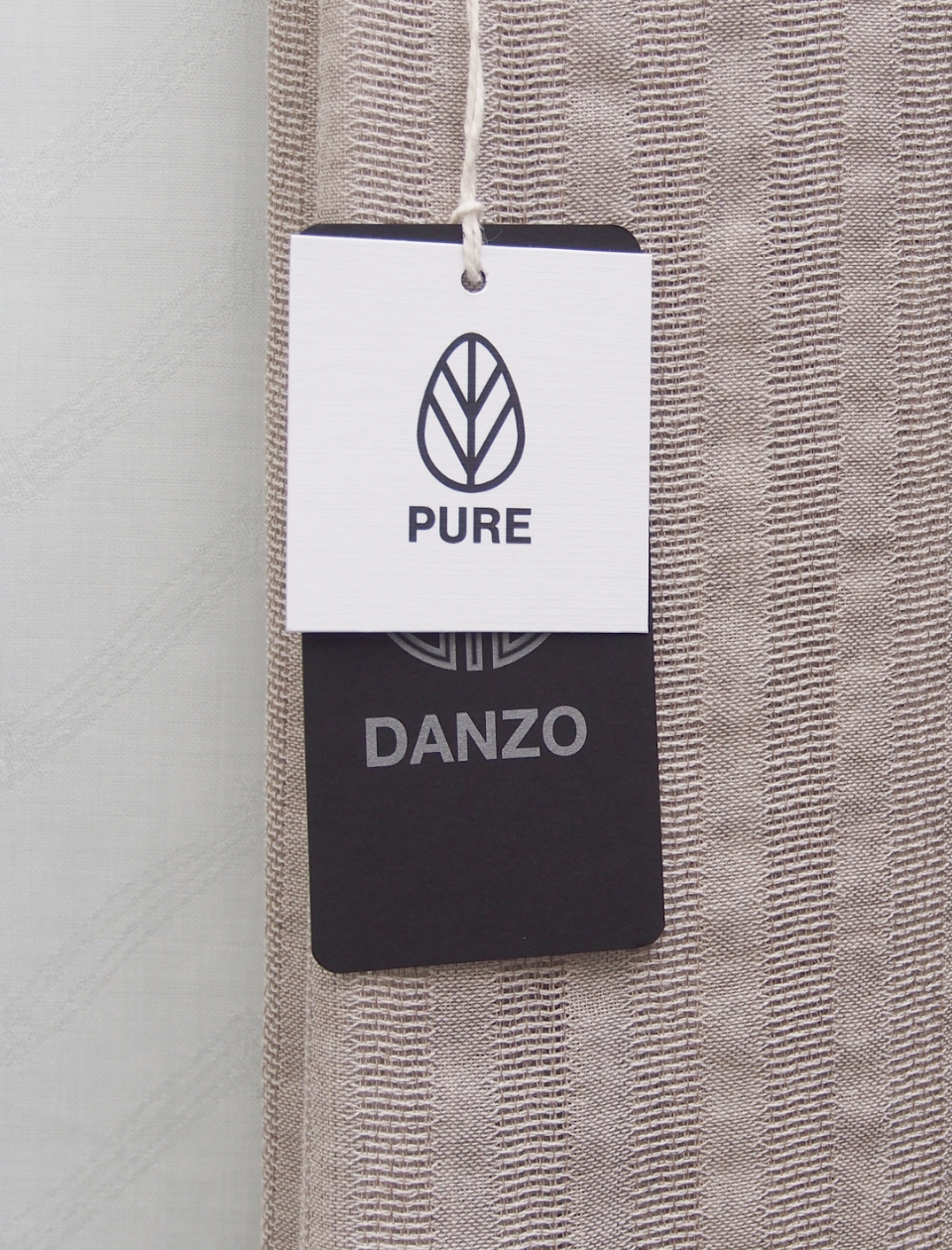
Since Silvia, Antonio Danzo’s designer and daughter, has been following the new collections, the use of recycled, organic, and biodegradable products has been implemented. This has always been the common thread of her studies and collections in the hope of a more aware and respectful future for future generations and our irreplaceable planet.
Our dedication, however, does not end with the use of traceable raw materials with little environmental impact.
Let's use oursKNOW HOW
We appreciate the fibers for their intrinsic qualities, attempting to find optimal matching to maximize productivity… without resorting to invasive finishing treatments, favoring mechanical activities over chemical ones that damage the fiber. We respect what we use.
One of the reasons why the fashion industry pollutes so much (it is the world’s second most polluting industry after oil) is what happens to clothing items at the end of their lives. The vast majority of textile products cannot be recycled due to the fibers they are made of, and with which they are mixed.
However, there are several forward-thinking companies striving to discover a solution in this regard.
What happens to textile fibers in biodegradable fabrics?
!!! Organic fibers, such as cotton or wool, are naturally biodegradable when spun alone, without the addition of synthetic fibers.
FSC®
The Forest Stewardship Council® (FSC® ) is a global, not-for-profit organization dedicated to the promotion of responsible forest management worldwide. FSC defines standards based on agreed principles for responsible forest stewardship that are supported by environmental, social, and economic stakeholders. To learn more, visit www.fsc.org.
ISO 9001
It certifies that the company’s Quality Management System assists it in meeting the demands of clients and other stakeholders, while abiding by the legal and regulatory standards pertaining to a particular good or service.
GRS – GLOBAL RECYCLED STANDARD
GRS is recognized as the most significant international standard for the sustainable production of textile products made from recycled materials.
GOTS – GLOBAL ORGANIC TEXTILE STANDARD
GOTS is the most widely used and important organic origin certification in the textile industry.
OEKO-TEX® STANDARD 100
It is the most well-known textile certification. The STANDARD 100 by OEKO-TEX® certification assures that the tested textile goods comply with the regulatory criteria. It is the highest safety standard in the textile sector that confirms the absence of hazardous substances, providing effective protection for all customers worldwide.

